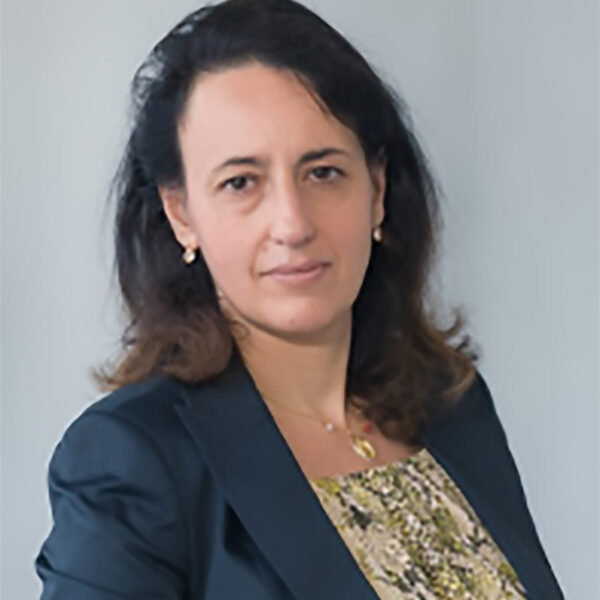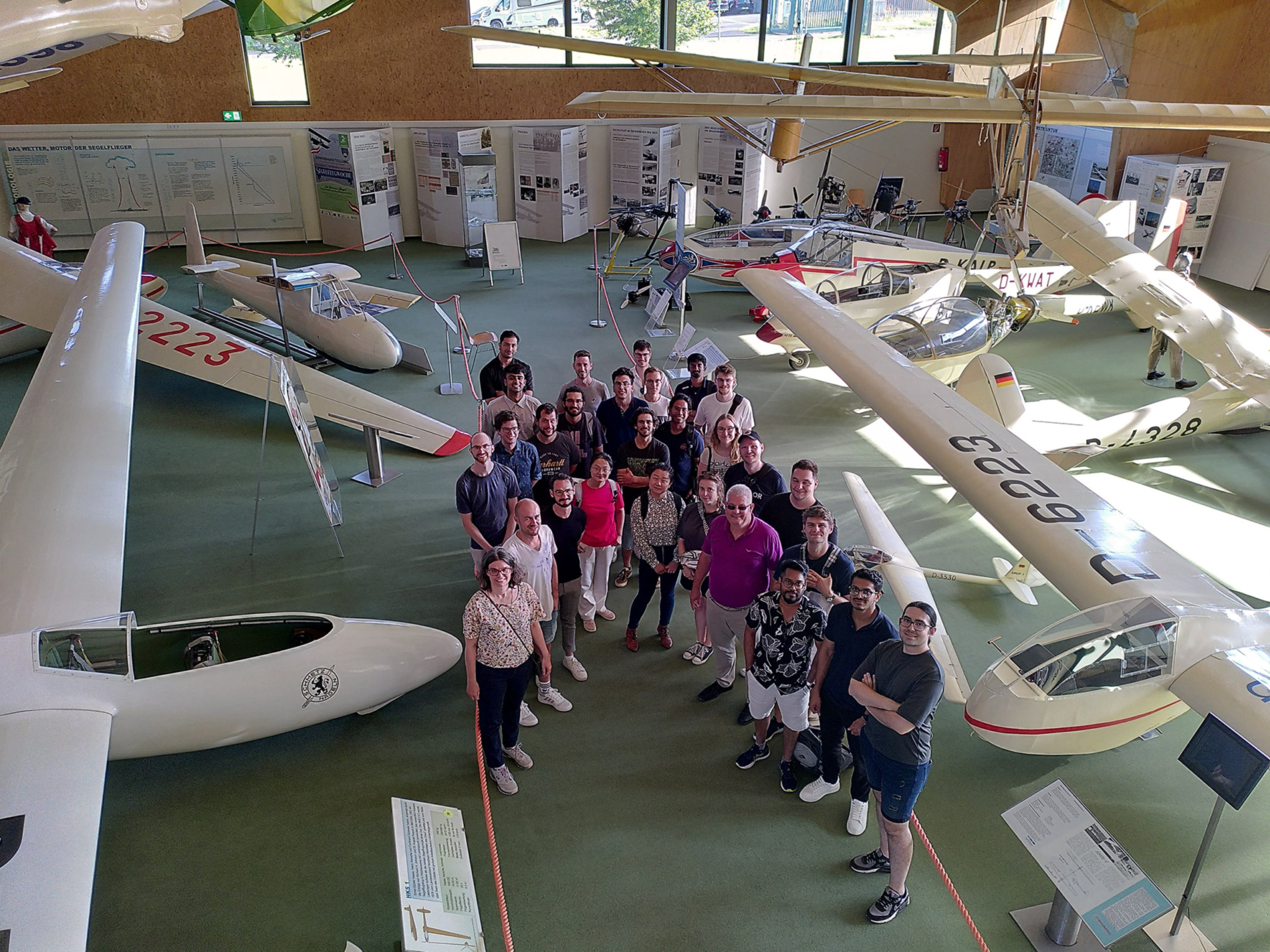Gender & Diversity
Syntrac is committed to promoting gender equality – equal opportunities for all genders – and diversity – a conscious and appreciative approach to the variety of persons or groups.
Gender Equality
SynTrac recognizes that gender equality in research is essential for creating a fair and just environment where everyone, regardless of gender, has equal opportunities to succeed.
Promoting gender equality enriches research and teaching by integrating diverse perspectives, leading to more innovative and comprehensive outcomes.
Addressing historical inequities, gender equality ensures that systemic barriers no longer limit opportunities for women and gender minorities.
Furthermore, gender equality fosters an inclusive environment that supports all students and staff, provides crucial role models, and helps academia contribute to broader societal goals of equality and justice.
SynTrac has implemented many means to actively strive towards accomplishing gender quality.
The promotion, support and recruitment of early career female scientists is an overarching goal of the SynTrac CRC.
This is reinforced by Prof. Sabine C. Langer in her function as spokesperson of the CRC and Dr. Grazia Lamanna in her function as Commissioner for the field of “Gender and Diversity“ acting as highly visible role models for young female researchers.
In addition to having two women in these stand out positions, nearly one-fifth of the project leaders in SynTrac are female, leading by example.
SynTrac participates in a program at the University of Stuttgart that supports female postdocs in early career stages and advanced doctoral researchers preparing them for an academic career. An individualized career development program supports the unfolding of their specific scientific and academic profile as well as their development as a leader in research and academia.
SynTrac establishes an international subject-specific mentoring programme for female researchers, complementing the mentoring programmes of the universities. Upon request, SynTrac assigns a mentor to each doctoral and postdoctoral researcher from the international network of the CRC. The mentoring includes an annual networking event and aims to initiate scientific cooperation.
To foster the visibility of female researchers, SynTrac establishes a female lecture series with renowned female researchers from related fields of the CRC. Following their scientific talk lecturers are asked to report about their scientific career in a more informal setting to increase the transparency about career paths in academia. Early career researchers of all genders are invited to ask questions to get an idea of the individual career paths of our guests.
International Female Program
SynTrac has implemented an International Female Program with the aim of identifying excellent female researchers from abroad for recruitment.
The Program comprises two approaches: The program line ”International Master Projects” and the program line ”Research Internships”.
More information on International Female Program
Diversity
The partner organizations participating in SynTrac acknowledge and promote the diversity of their members and employees as a source of strength and as a pool of creativity. Our success as academic institutions is fostered by our inclusive culture, mutual respect and by encouraging multiple perspectives.
We believe that enabling people to realise their individual potential benefits the whole of SynTrac.
When research communities are diverse, they reflect the complexity of the world, leading to richer, more inclusive knowledge production.
Diversity encourages creative problem-solving, as individuals from different backgrounds bring unique approaches to challenges. It also prepares students for a globalized workforce by exposing them to a wide range of viewpoints.
By embracing diversity, a CRC such as SynTrac not only strengthens its intellectual and cultural richness but also sets a standard for broader societal progress, promoting equity and understanding across all sectors.
At our partner organisations, this means not only valuing all students, faculty and staff in their individuality and creating an environment in which everyone can study and work together free of discrimination, but also consciously communicating the conviction that we benefit from the diversity of our members in all dimensions of performance.







